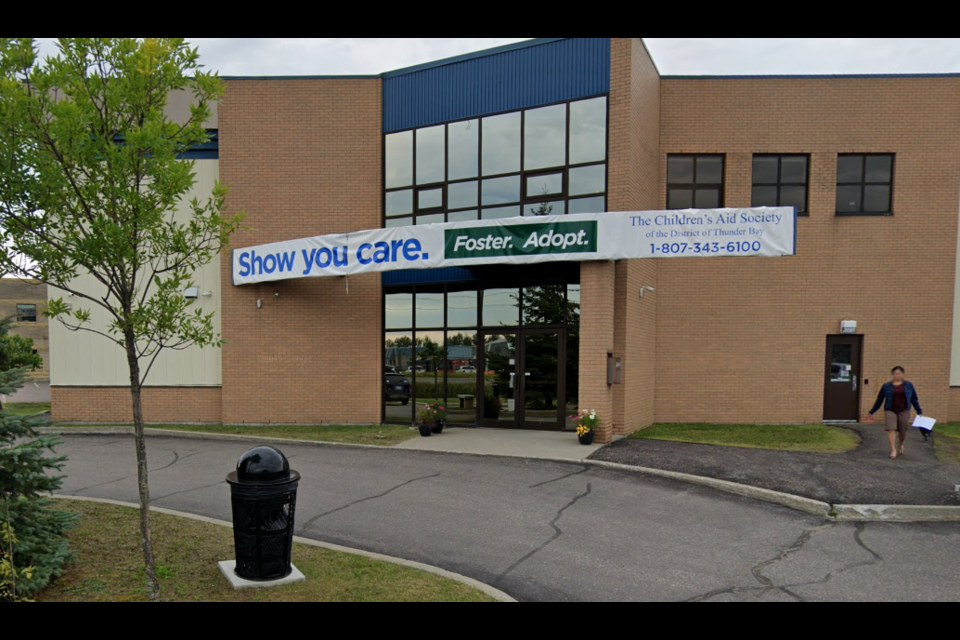THUNDER BAY — The Children's Aid Society in the Thunder Bay district wants to recruit more of what it now calls alternative care providers, formerly known as foster families.
CAS is launching a major social media campaign, saying it needs to meet the demands of an increasingly diverse community and youth with complex needs.
"We are committed to ensuring that children and youth are placed in homes that match their respective race, religion and/or cultural backgrounds," said executive director Brad Bain.
Alternative care providers come from a variety of backgrounds including LGBT2SQ+, single, married or living in a common-law relationship, and with or without children of their own.
They may provide placements on either a temporary or a long-term basis, for children and youth from newborns to the age of 21.
Bain said "Teens in particular need adult support and guidance in making decisions, learning to trust, building self-confidence and positive relationships. They require a safe place to let their walls down."
In 2020, two-thirds of the society's youth clients were over the age of 12.
Thunder Bay CAS says recruiting has always been difficult, but it's becoming even harder because of the COVID-19 pandemic.
Dana Leeder is the director of children and residential services for the agency
"Mental health certainly has been an influence throughout the pandemic. We've got children who often had a lot of support and peer support in school. When remote learning occurred, we saw an increase in the need for mental health services and support along with parenting support," Leeder said.
She said there are various ways to help troubled youth, which is why CAS no longer uses the term "foster families."
"A lot of the time, we are looking for alternative ways to provide support. There may be the fostering perspective, but maybe we wouldn't have a situation where it's just an emergency basis. Somebody might help support a youth just on weekends."
Kinship remains a critical component, however.
Leeder said "We always believe that children belong at home, and families belong together. So our first avenue is always to provide support in the home. If that doesn't address safety, then we look at kinship placement, which is a family member or someone with a very close connection to the child."
The last recourse is foster care.
Leeder stressed that CAS believes it's important to find culturally-matched caregivers for children in any scenario.
"Sometimes children or youth are not needing a family, per se. They need a mentor. They need a safe place to go. And being able to be placed in a home where that individual is of the same cultural background is such an important piece of identity."
She added that gender identity is critical for some children, while for others it's their ethnicity
"That intersection of identity makes us who we are, and it plays a really key role in healthy development for children. With a sense of belonging, they're better able to deal with diversity."
Leeder said if CAS can build more capacity in the alternative care system, it will better meet the needs of youth while keeping them close to their home community.
Care providers receive a non-taxable daily stipend to cover expenses related to having children in their home.
The CAS will host an orientation session on Oct. 20, 2021 for people wanting to learn more. Interested individuals may contact the agency at (800) 465-3905 or email ACinquiries@thunderbaycas.ca.
A home assessment can take four to six months to complete.
Children's Aid provides extensive training and support for care providers.
